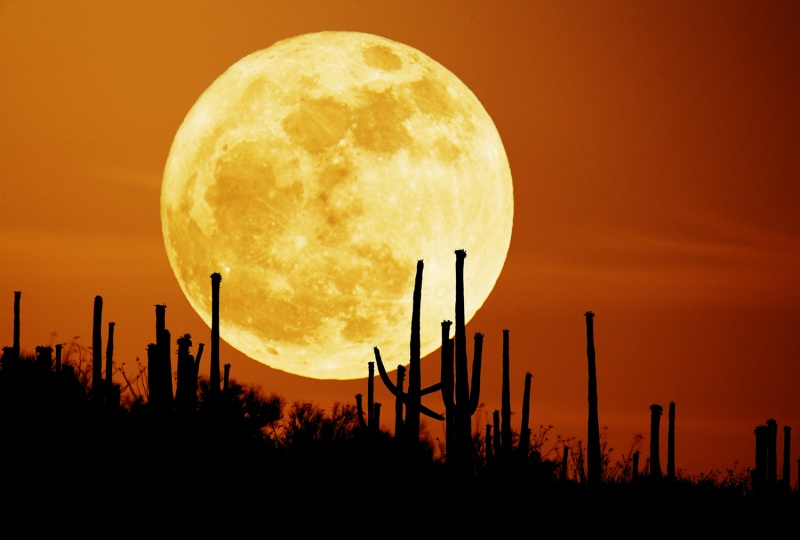
Here is a short article titled Communion between God and science by Rev J Williams.
Immediately after Neil Armstrong’s walk on the moon in 1969 and his ‘One small step for man, one giant leap for Mankind’ speech, his colleague Buzz Aldrin celebrated Holy Communion in the landing craft.
Buzz, after whom the toy Buzz Lightyear is named, asked Mission Control for silence.
Then, to mark this historic moment, he took Holy Communion which had been prepared for him in advance by his church.
The first bread consumed on the moon and the first wine drunk there were the elements of Holy Communion.
This symbolic act was deliberate.
The astronaut was sending the world the message that Christian belief and science are in harmony.
He was at the cutting edge of science and yet, at the same time, a believer in God and a church-goer.
Science merely tells us how God makes things work. The Bible on the other hand, tells us why we are here.
Many people imagine that science and religious belief are incompatible, but in reality, across the world, millions of scientists believe in God.
These people see scientific discoveries as proof the universe has been designed by a Supreme Intelligence.
Science shows that the nucleus of every cell in the human body contains as much data as that found in a 30-volume encyclopedia. Such complexity cannot have happened by chance and is clear evidence of the existence of a Creator God.
Sadly, whenever reference is made to science and religious belief in the British media, it is done so assuming that there is conflict between the two.
In reality, many scientists believe in God precisely because of their scientific studies and see true science as the friend of religious belief.
With this fact rarely mentioned, it is no wonder that the UK is one of the few places in the world where church attendance is declining.
Well, I had never heard the story about Buzz Aldrin before, so that was...interesting.
And I am thrilled whenever I hear a religious person speaking favorably about science. Too often I see the articles or hear the stories of those that do not value it. I hope I am looking in the wrong places.
I am not sure, however, if the author is right. Are science and religon compatible?
Clearly a literal interpretation of their holy books is not compatible with a scientific worldview. In order to maintain religious belief and accept the findings of science, one must either "compartmentalize" or accept that many of the stories in their holy books are simply that: stories.
Since science led me to doubt the existence of God, I sometimes feel that is where it must inevitably lead everyone with an open mind.
But maybe I am wrong. I recognize that one can still hold belief in a greater power and call it "God".
Will Christianity and Islam, specifically, continue to modernize and adopt a more rational and tolerant worldview?
I hope that is the case: that they continue to take steps forward instead of trying to drag us all back with them.








No comments:
Post a Comment